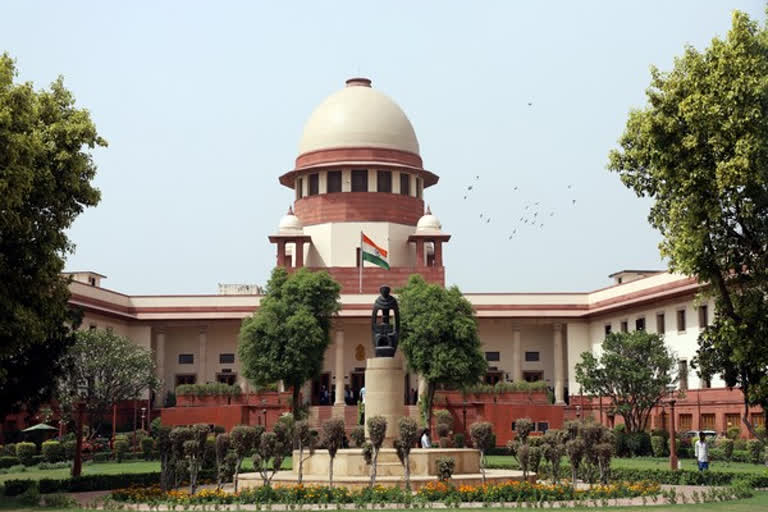New Delhi: A plea was filed in the Supreme Court on Saturday challenging a provision of the National Commission for Minorities (NCM) Act and seeking a direction to lay down guidelines for the identification of minorities at the district level.
The petition was filed by Mathura-resident Devkinandan Thakur sought to declare the notification on the minority communities, issued by the government on October 23, 1993, as arbitrary, irrational and contrary to Articles 14, 15, 21, 29, and 30 of the Constitution.
The plea stated that on May 17, 1992, the Act came into effect and by using unbridled power under section 2(c), the Centre arbitrarily notified five communities namely Muslims, Christians, Sikhs, Buddhists and Parsis as minorities at the national level against the spirit of the TMA Pai ruling of the top court.
The apex court in the TMA Pai case had said that for the purposes of Article 30 which deals with the rights of minorities to establish and administer educational institutions, religious and linguistic minorities have to be considered state-wise.
Under Section 2(c) of the National Commission for Minorities Act, 1992, the Centre had in 1993 notified five communities -- Muslims, Sikhs, Buddhists, Parsis and Christians -- as minorities.
"Followers of Judaism, Bahaism and Hinduism; who are real minorities in Ladakh, Mizoram, Lakshadweep, Kashmir, Nagaland, Meghalaya, Arunachal Pradesh, Punjab, Manipur, cannot establish and administer educational institutions of their choice because of non-identification of 'minority' at the state level, thus jeopardizing their basic rights guaranteed under Article 29-30," the plea added.
"Followers of Judaism, Bahaism and Hinduism are being deprived of their basic rights to establish and administer educational institutions of their choice. On the other hand, Muslims are in majority in Lakshadweep (96.58 per cent) and Kashmir (96 per cent) and there is a significant population in Ladakh (44 per cent), Assam (34.20 per cent), Bengal (27.5 per cent), Kerala (26.60 per cent), UP (19.30 per cent) and Bihar (18 per cent) and (they) can establish and administer educational institutions of their choice," it said.
